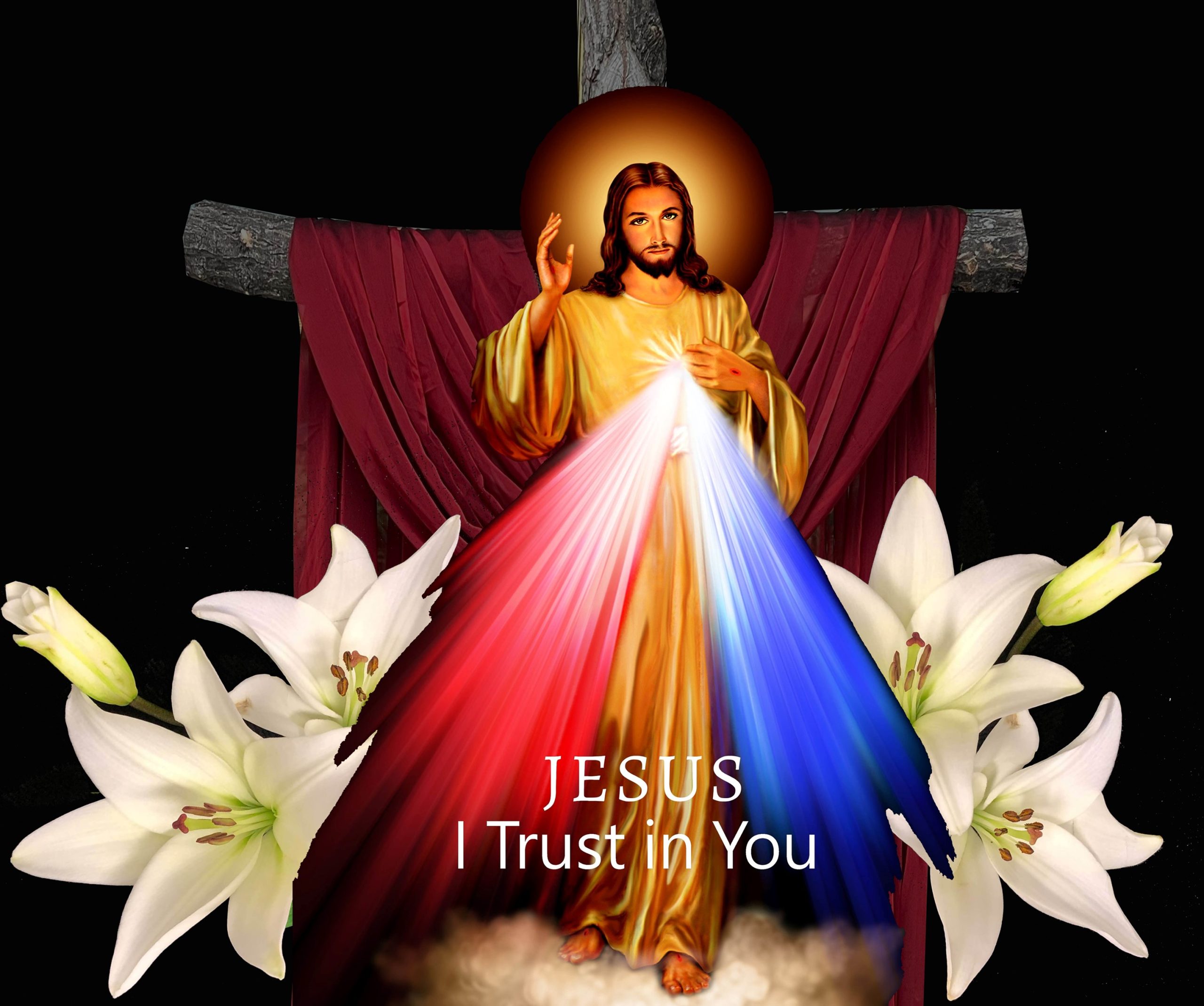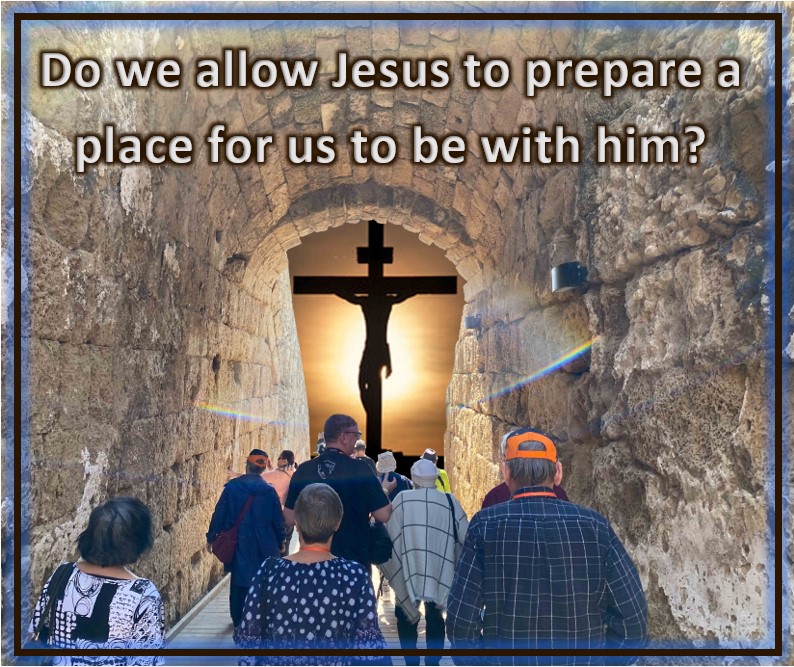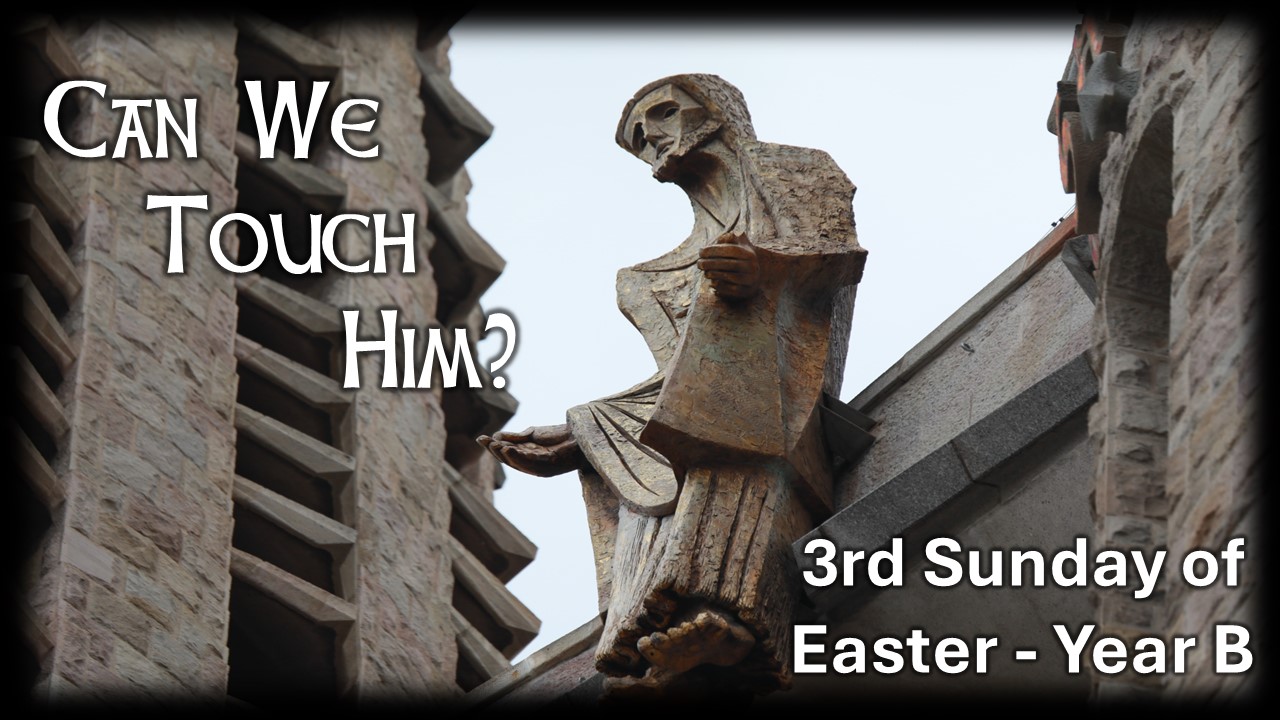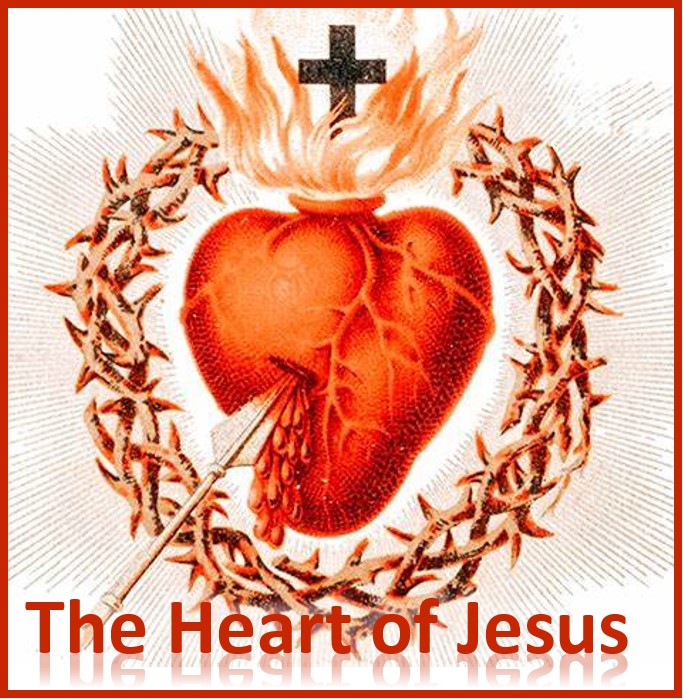
2nd Sunday of Easter (Divine Mercy Sunday) Year A ~ April 16, 2023
DO WE REJOICE IN HIM?
“Then the disciples rejoiced when they saw the Lord” is the core of this Sunday’s Liturgy as we celebrate the Feast of Divine Mercy from everything gushes out fill us with love and we are able to proclaim “Indeed he is risen from the dead, Alleluia, Alleluia” Throughout the Lenten Observances we had been reflecting on the passion, death and resurrection of the Lod so that our faith may be renewed in the Lord. On Easter Vigil we witnessed the blessing of the fire and lighting up the Paschal Candle and then we all heard about the history of Salvation through the Sacred Scripture. These celebrations always encourage to believe that we new creation and old humanity has died. Soon after the Easter Sunday we are invited to celebrate the Divine Mercy Sunday to reflect that His Mercy is beyond comparison and his blood and the water gushing out of his side while he is upon Cross, helps us to rejoice in him who died for us on the Cross.
Let me share a story with you to help you to understand that Jesus is full of compassion and mercy. He leaves ninety-nine righteous and goes after one sinner because “there is no greater love to lay down one’s life for his friends”. He is our Good Shepherd who leads us to green pastures and talks to us every day. What does this mean to you?
The man whispered, “God, speak to me” And a meadowlark sang. But, the man did not hear. So, the man yelled, “God, speak to me” And the thunder rolled across the sky. But the man did not listen. The man looked around and said, “God let me see you.” And a star shined brightly. But the man did not see. And, the man shouted, “God show me a miracle.” And, a life was born. But the man did not notice. So, the man cried out in despair, “Touch me God, and let me know you are here. “Whereupon God reached down and touched the man. But the man brushed the butterfly away and walked on. I found this to be a great reminder that God is always around us in the little and simple things that we take for granted even in our electronic age, so I would like to add one more: The man cried, “God, I need your help!” And an e-mail arrived reaching out with good news and encouragement. But the man deleted it and continued crying…
God speaks to us everyday through events happening around us and through people we interact on daily basis. One of the ancient authors has shared his reflection by saying “Saint Paul rejoices in the knowledge that spiritual health has been restored to the human race. Death entered the world through Adam, he explains, but life has been given back to the world through Christ. Again, he says: The first man, being from the earth, is earthly by nature; the second man is from heaven and is heavenly. As we have borne the image of the earthly man, the image of human nature grown old in sin, so let us bear the image of the heavenly man: human nature raised up, redeemed, restored, and purified in Christ. We must hold fast to the salvation we have received. Christ was the first fruits, says the Apostle; he is the source of resurrection and life. Those who belong to Christ will follow him. Modeling their lives on his purity, they will be secure in the hope of his resurrection and of enjoying with him the glory promised in heaven. Our Lord himself said so in the gospel: Whoever follows me will not perish but will pass from death to life. Thus, the passion of our Savior is the salvation of mankind. The reason why he desired to die for us was that he wanted us who believe in him to live for ever. In the fullness of time, it was his will to become what we are, so that we might inherit the eternity he promised and live with him for ever. Here, then, is the grace conferred by these heavenly mysteries, the gift which Easter brings, the most longed for feast of the year; here are the beginnings of creatures newly formed: children born from the life-giving font of holy Church, born anew with the simplicity of little ones, and crying out with the evidence of a clean conscience. Chaste fathers and inviolate mothers accompany this new family, countless in number, born to new life through faith. As they emerge from the grace-giving womb of the font, a blaze of candles burns brightly beneath the tree of faith. The Easter festival brings the grace of holiness from heaven to men. Through the repeated celebration of the sacred mysteries, they receive the spiritual nourishment of the sacraments. Fostered at the very heart of holy Church, the fellowship of one community worships the one God, adoring the triple name of his essential holiness, and together with the prophet sings the psalm which belongs to this yearly festival: This is the day the Lord has made; let us rejoice and be glad. And what is this day? It is the Lord Jesus Christ himself, the author of light, who brings the sunrise and the beginning of life, saying of himself: I am the light of day; whoever walks in daylight does not stumble. That is to say, whoever follows Christ in all things will come by this path to the throne of eternal light. Such was the prayer Christ made to the Father while he was still on earth: Father, I desire that where I am they also may be, those who have come to believe in me; and that as you are in me and I in you, so they may abide in us”.
In our Christian faith we have hundreds of thousands of saints who their lives and faith have helped us to rejoice in the Lord and never forget the mercies of the Lord. Sister St. Faustina is one of them who always taught us “Jesus I Trust in you”. Saint Maria Faustina Kowalska, known today the world over as the “Apostle of the Divine Mercy,” is numbered by theologians among the outstanding mystics of the Church. She was the third of ten children born into a poor and pious peasant family in Glogowiec, a village in the heart of Poland. At her baptism in the nearby Parish Church of Swinice Warckie she was given the name “Helena.” From childhood she distinguished herself by her piety, love of prayer, industriousness, and obedience as well as by her great sensitivity to human misery. She had hardly three years of schooling, and at the age of fourteen she left the family hearth to help her parents and to earn her own livelihood serving as a domestic in the nearby cities of Aleksandrów and Lódz. She struggle to join the convent but was finally accepted by the Congregation of Sisters of Our Lady of Mercy. There she shared her joy by saying “It seemed to me that I had stepped into the life of Paradise. A single prayer was bursting forth from my heart, one of thanksgiving”. However, life did according to her plan and she tempted to transfer herself into a different congregation in which there will be more time for prayer. It was then the Lord Jesus, manifesting to her His wounded and tortured face, said: “it you who will cause Me this pain if you leave this convent. It is to this place that I called you and nowhere else, and it is here I have prepared many graces for you” (Diary 19).
I believe the disciples were facing the same situation after the crucifixion of the Lord. They must be very afraid of suffering and death. However, Jesus changed their fear into joy by appearing to them and greeting with peace. Three times the Lord has said in the Gospel “Peace be with you” which means His Mercy works all the time.
St. Faustina was privileged to receive apparitions from Jesus emphasizing his mercy, and especially his mercy today. Jesus for the sake of us died on the cross to save us and show his great love and mercy. Why the image of Jesus with two rays: Red and White is important on this feast day? St. Sister Faustina explains the mystery behind the image of Jesus with white and white rays. “its pattern was revealed in the vision St. Faustina had on February 22, 1931, in her convent cell at Plock. “In the evening, when I was in my cell,” she recorded in the Diary, “I saw the Lord Jesus clothed in a white garment. One hand [was] raised in the gesture of blessing, the other was touching the garment at the breast. From beneath the garment, slightly drawn aside from at breast, there were emanating two large rays, one red, the other pale. …. After a while, Jesus said to me, „Paint an image according to the pattern you see, with the signature: Jesus, I trust in You‟‟‟ (Diary, 47). “I want this image …… to be solemnly blessed on the first Sunday after Easter; that Sunday is to be the Feast of Mercy” (Diary, 49). For this reason, the content of this image is closely related to the liturgy of that Sunday. On this day, the Church reads the Gospel according to St. John about the risen Christ appearing in the Upper Room and about the institution of the Sacrament of Penance (Jn 20:19-29). Consequently, this image represents the Savior risen from the dead who brings peace to people by means of the forgiveness of sins at the price of His passion and death on the cross. The rays of blood and water that flow from the Heart that was pierced by a spear (not visible on the image) and the scars caused by the wounds of crucifixion call to mind the events of Good Friday (Jn 19:17-18; 33-37). The Image of the Merciful Savior, therefore, combines the two Gospel events that best bespeak the fullness of God’s love for mankind. The two rays are a distinctive feature of this image of Christ. The Lord Jesus, when asked about their meaning, explained: “The pale ray stands for the Water which makes souls righteous. The red ray stands for the Blood which is the life of souls. … Happy is the one who will dwell in their shelter” (Diary, 299). The Sacraments of Baptism and Penance purify the soul, and the Eucharist most abundantly nourishes it. Thus, the two rays signify the Holy Sacraments and all the graces of the Holy Spirit, whose biblical symbol is water, as well as the New Covenant of God with men in the Blood of Christ.”
He doesn’t leave people alone in their pain and suffering but shows compassion “he had compassion on them because they were like sheep without the shepherd”. He keeps inviting people to himself “Come me all that weary and carrying heavy burden and I will give you rest”. Through St. Faustina, Jesus inviting us to experience his love and mercy through the Sacrament of Confession. Jesus said to St. Faustina: My daughter, tell the whole world about My inconceivable mercy. I desire that the Feast of mercy be a refuge and shelter for all souls, and especially for poor sinners. On that day the very depths of My tender mercy are open. I pour out a whole ocean of graces upon those souls who approach the fount of My mercy. The soul that will go to Confession and receive Holy Communion shall obtain complete forgiveness of sins and punishment. On that day all the divine floodgates through which grace flow are opened. Let no soul fear to draw near to Me, even though its sins be as scarlet. My mercy is so great that no mind, be it of man or of angel, will be able to fathom it throughout all eternity. Everything that exists has come forth from the very depths of My most tender mercy. Every soul in its relation to Me will contemplate My love and mercy throughout eternity. The Feast of Mercy emerged from My very depths of tenderness. It is My desire that it be solemnly celebrated on the first Sunday after Easter. Mankind will not have peace until it turns to the Fount of My Mercy. (Diary §699). Furthermore, he added: “I want to grant a complete pardon to the souls that will go to Confession and receive Holy Communion on the Feast of My mercy.” (Diary §1109). He continued to say, “Ask of my faithful servant [a priest] that, on this day, he tell the whole world of My great mercy; that whoever approaches the Fountain of Life on this day will be granted complete forgiveness of sins and punishment. Mankind will not have peace until it turns with trust to My mercy.” (Diary §300).
St. Sister Faustina shares her experiences of being a nun and how the Lord filled her heart with joy and mercy. “Once, when I was praying, Jesus pervaded all my soul, darkness melted away, and I heard these words within me: You are My joy; you are My heart’s delight. From that moment I felt the Most Holy Trinity in my heart; that is to say, within myself. I felt that I was inundated with Divine light. Since then, my soul has been in intimate communion with God, like a child with its beloved Father”. She continues to share her experiences “On one occasion I was reflecting on the Holy Trinity, on the essence of God. I absolutely wanted to know and fathom who God is. ….In an instant my spirit was caught up into what seemed to be the next world. I saw an inaccessible light, and in this light, what appeared like three sources of light which I could not understand. And out of that light came words in the form of lightning which encircled heaven and earth. Not understanding anything, I was very sad. Suddenly, from this sea of inaccessible light came our dearly beloved Savior, unutterably beautiful with His shining Wounds. And from this light came a voice which said, Who God is in His Essence, no one will fathom, neither the mind of Angels nor or man. Jesus said to me, Get to know God by contemplating His attributes. A moment later, He traced the sign of the cross with his hand and vanished”.
There are lot to share on the joy of St. Faustina and disciples, but I would like to end my reflection with the following passage from her diary to simply remind ourselves that once we trust in Jesus, there is joy and that leads to eternity where there is joy and happiness because God has set his tent among us and with a short story.
“My daughter, if I demand through you that people revere My mercy, you should be the first to distinguish yourself by this confidence in My mercy. I demand from you deeds of mercy, which are to arise out of love for Me. You are to show mercy to your neighbors always and everywhere. You must not shrink from this or try to excuse or absolve yourself from it. I am giving you three ways of exercising mercy toward your neighbor: the first – by deed, the second – by word, the third – by prayer. In these three degrees is contained the fullness of mercy and it is an unquestionable proof of love for Me. Yes, the first Sunday after Easter is the Feast of Mercy, but there must also be acts of mercy, and I demand the worship of My mercy through the solemn celebration of the Feast and through the veneration of the image which is painted. By means of this image I shall grant great graces to souls. It is to be a reminder of the demands of my mercy because even the strongest faith is of no avail without works”. (Diary §742).
And the story follows:
A few months ago, my husband and I were invited to spend the weekend at his employer’s home. I was nervous about the weekend. The boss was very wealthy, with a fine home on the waterway, and cars costing more than our house. The first day and evening went well, and I was delighted to have this rare glimpse into how the very wealthy live.
My husband’s employer was quite generous as a host and took us to the finest restaurants. I knew I would never have the opportunity to indulge in this kind of extravagance again, so I was enjoying myself. As the three of us were about to enter an exclusive restaurant one evening, the boss was walking slightly ahead of us. He stopped suddenly, looking down on the pavement for a long, silent moment. I wondered if I was supposed to pass him. There was nothing on the ground except a single darkened penny that someone had dropped and a few cigarette butts.
Still silent, the man reached down and picked up the penny. He held it up and smiled, then put it in his pocket as if he had found a great treasure.
How absurd! What need did this man have for a single penny? Why would he even take the time to stop and pick it up? Throughout dinner, the entire scene nagged at me. Finally, I could stand it no longer. I causally mentioned that my daughter once had a coin collection and asked if the penny he had found had been of some value.
A smile crept across the man’s face as he reached into his pocket for the penny and held it out for us to see. I had seen many pennies before! What was the point of this?
“Look at it.” he said. “Read what it says.”
I read the words, “United States of America.”
“No, not that; read further.”
“One cent?”
“No, keep reading.”
“In God we Trust?”
“Yes!”
“And?”
“And if I trust in God, the name of God is holy, even on a coin. Whenever I find a coin, I see that inscription. It is written on every single United States coin, but we never seem to notice it! God drops a message right in front of me telling me to trust Him? Who am I to pass it by? When I see a coin, I pray. I stop to see if my trust is in God at that moment. I pick the coin up as a response to God, that I do trust in Him. For a short time, at least, I cherish it as if it were gold. I think it is God’s way of starting a conversation with me. Lucky for me, God is patient and pennies are plentiful!
When I was out shopping today, I found a penny on the sidewalk. I stopped and picked it up and realized that I had been worrying and fretting in my mind about things I can not change. I read the words, “In God We Trust,” and had to laugh. Yes, God, I get the message. It seems that I have been finding an inordinate number of pennies in the last few months, but then, pennies are plentiful! And God is patient.
Do we Trust him to rejoice?
Other Sermons In This Series

5th Sunday in Easter Time Year-A ~ May 7, 2023
May 05, 2023

3rd Sunday of Easter Year B ~ April 14, 2024
April 12, 2024

4th Sunday in Ordinary Time Year A ~ January 29, 2023
January 27, 2023

